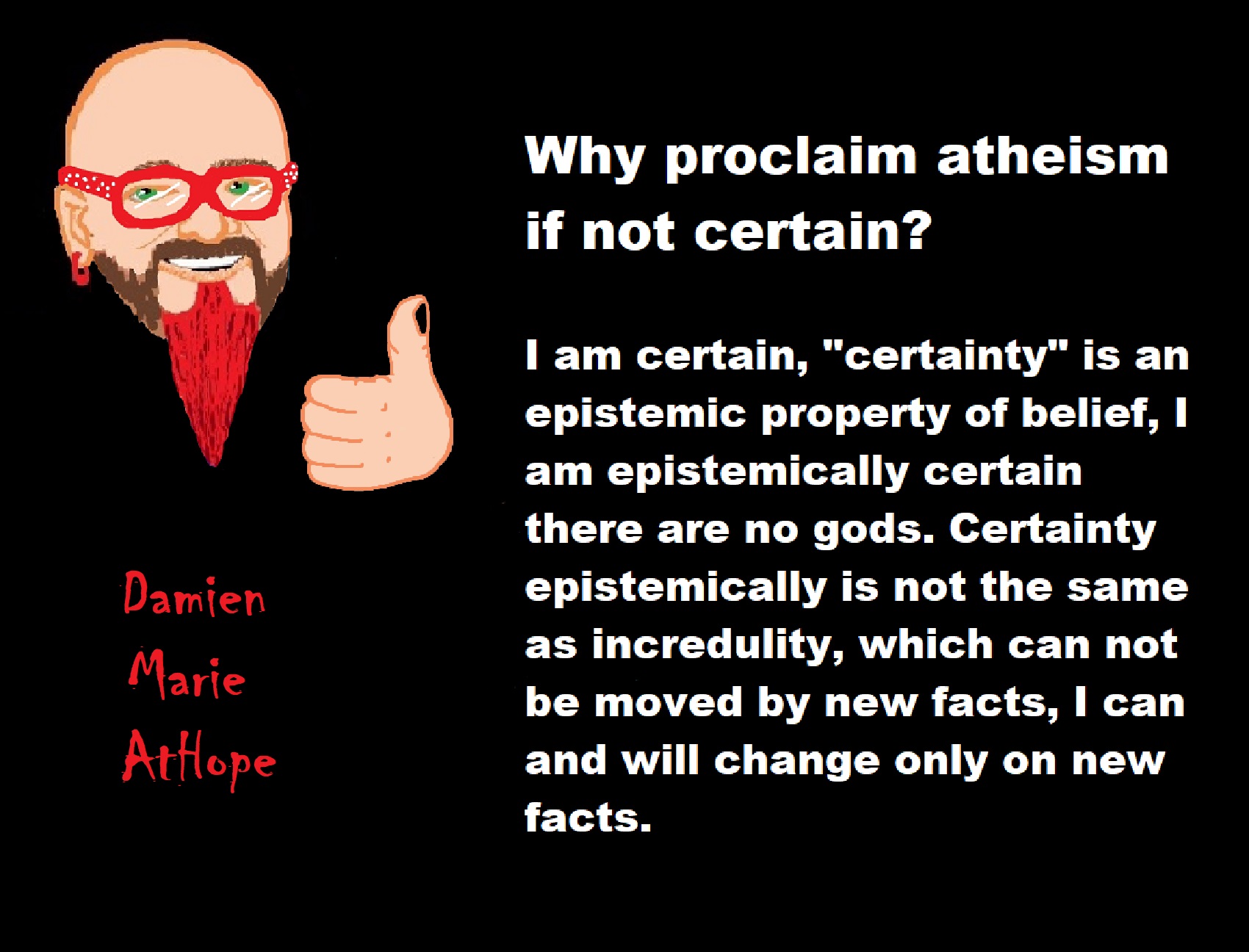There’s quite a lot of content out there that reaches beyond the standard logical fallacies and peels the layers of the onion. It talkis about the deeper biases and features of our brain that make us all susceptible to flawed and magical thinking, as opposed to more surface fallacies. An example of a surface fallacy would be an ad hominem while an example of the deeper underlying mechanism might be the affect heuristic, possibly mixed with in-group thinking.
This is an excellent idea and the information is usually delivered well. Unfortunately, a lot of it seems to be presented with framing like this: “skeptics/atheists/rationalists [smugly] think they’re so rational but they’re just as prone to XYZ as anyone else”. (Obviously not a real quote but a composite and exaggeration of many claims I’ve seen.)

One recent example is episode 66 of the Rationally Speaking podcast. The guest is Matthew Hutson, who discusses his book on magical thinking and its alleged benefits (eg. believing you’re using a “lucky” golf ball improves putting ability). He seems to make it a special point that skeptics don’t think that they’re prone to magical thinking but he’s some maverick who says it like it is even though it supposedly makes “ordinary” skeptics uncomfortable. Of course there are loads of other examples and I’ve seen this frame used lots of times in anything from discussion on books to shorter blog posts.
There’s something off when people take such glee in using this frame. The language is often framed as a type of gotcha to self-identified skeptics: you think you’re so clever but you’re not. In this case, the meta-claim about the alleged smugness of skeptics can itself be just as smug (if not more) than what most skeptics think. Hence the title of the post. The best parallel is this timeless classic:

If you see such claims being made, it’s important to ask a few questions about what exactly is being claimed:
- How rational does the claim believe skeptics see themselves as? If the frame presents itself as being contrary to the skeptic idea of (say) perfect rationality, it’s an obvious strawman.
- Do skeptics actually believe what is being claimed? One common trope is that skeptics might think they’re more rational (even considerably) than the average person. Well it would be nice to have some actual info on that, as this type of frame is also bandied about as an assertion.
- Is the behaviour that’s being alleged of both skeptics and non-skeptics actually irrational? Often-times it’s an example of what Julia Galef calls straw Vulcan rationality. On the Rationally Speaking podcast I mentioned, the example used was “if everyone was perfectly rational, we wouldn’t have love,” which I think made Julia livid. Another example of a supposedly irrational belief from the podcast is the idea of wanting to leave a legacy after you die as an example of magical thinking that shows an implicit belief in an afterlife. (Double-you tee eff?)
- Even if the supposed behaviour is irrational and skeptics claim to be not engaging in it, how much do they actually engage in it compared to the general public? There might still be a difference. From what I’ve seen, the research on irrationality and magical thinking has so far not made much of an effort to break respondents down by belief system. This is strange in itself but without such data, a lot of these claims about skeptics turn into assertions.
- Finally, how much pushback are these claims actually getting from skeptics? If someone is framing themselves as some maverick saying the “hard truths” that would be considered “politically incorrect” among skeptics, it might be useful to ascertain just how hard these truths are. I have a feeling that the amount of pushback is often minimal or non-existent, in which case the claim becomes a bit of marketing hot-air.
Of course, the point is not to say that skeptics are better or even to claim they necessarily have an edge over the general population for any particular bias. The real point is this: it’s uncontroversial that humans have certain biases. For many of these, we don’t know how to minimise them sufficiently (or even if we can). Any skeptic worth their salt will not pretend to be exempt from them anymore than they will pretend to have reasoned themselves out of having a blind spot in their eye. From what I see, very few people actually differ from this position.
So when talking about problems in cognition, it’s very useful to add that (for instance) getting higher education or being a skeptic is not a cure for this bias. But if you frame yourself as some brave maverick taking down the arrogant skeptics who think they’re better than everyone, chances are your viewpoint is the smug one.




0 Comments